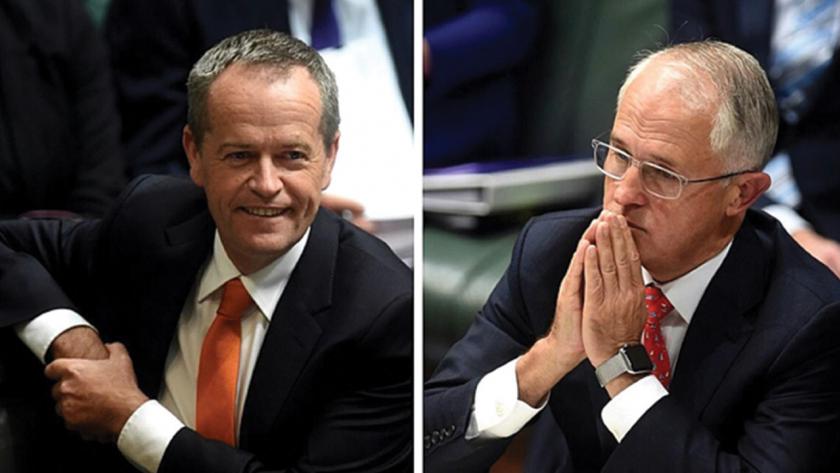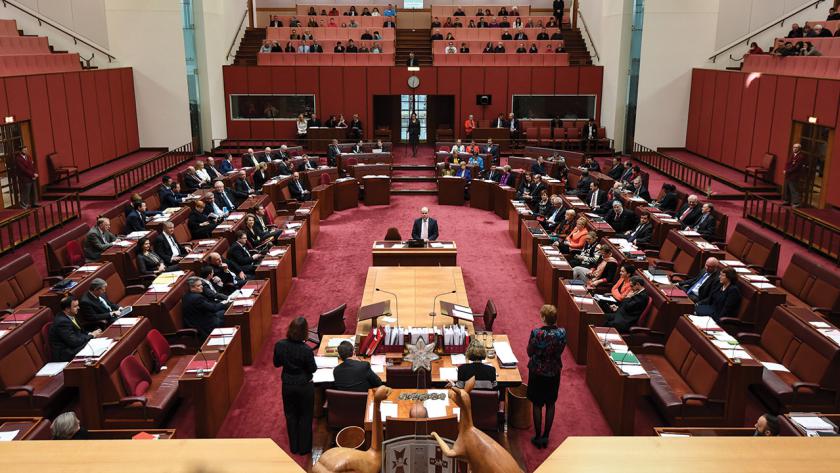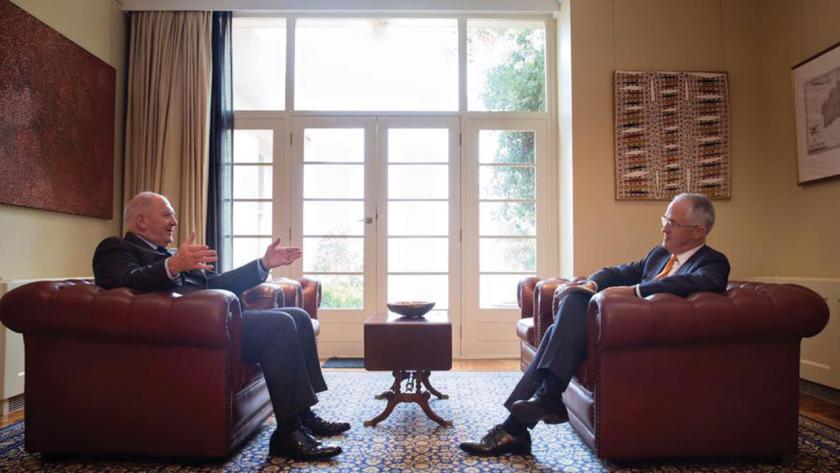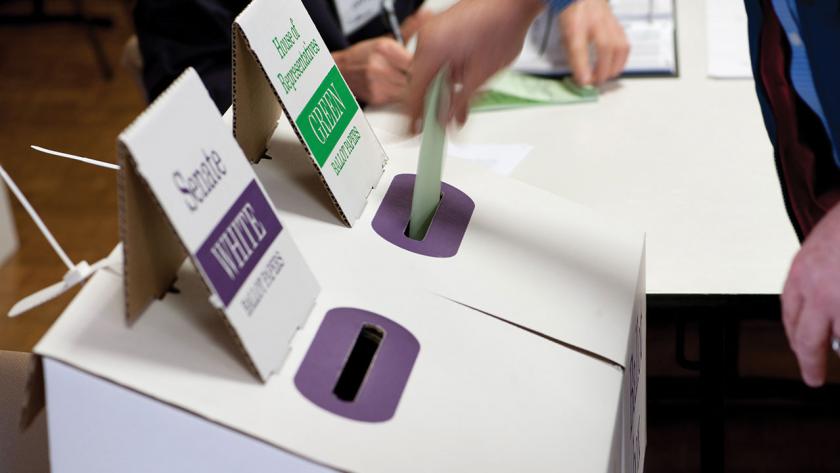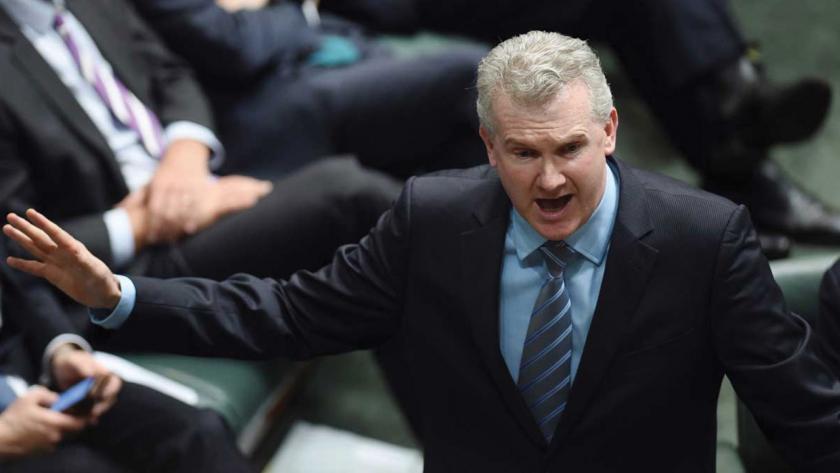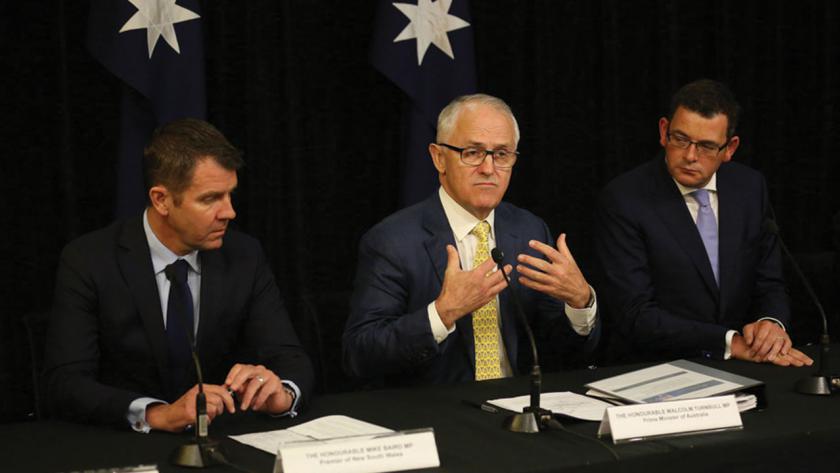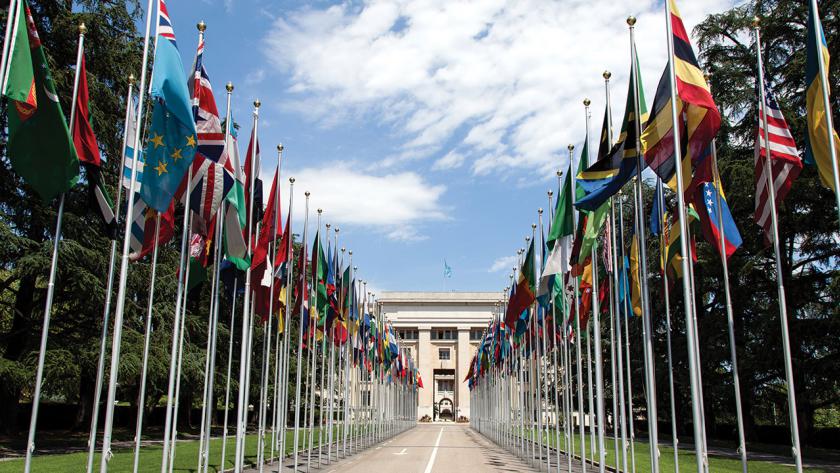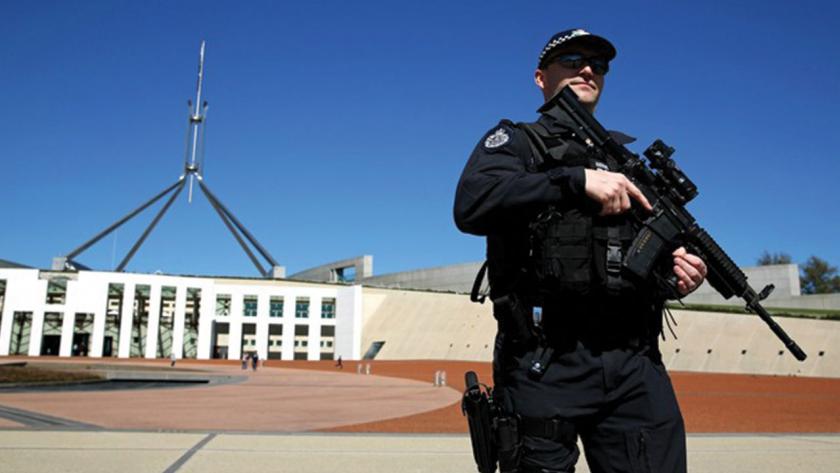CCF – Powers of Parliament
CEFA staff were alarmed on Tuesday morning 5 July when we picked up the Sydney Morning Herald and read the front page words “Australia faces a protracted political and Constitutional crisis”. But is this a Constitutional crisis? Or is the system working as it should?
Our Senate is designed to be a continuous body, with each Senator being elected for six year terms, while the Members of the House of Representatives are elected for a maximum of three years.
On Sunday 8 May, the Prime Minister Malcolm Turnbull met with the Governor-General Peter Cosgrove to request that both Houses of Parliament be dissolved and an election be called for 2 July.
On Monday the Parliament was re-opened for a new session by the Governor-General. By the end of the day the ABCC Bills had been voted on by the Senate and the Government lost the vote 36-34.
We’re in for an exciting few weeks starting at 5.00pm tonight when Parliament is prorogued. All proceedings will come to an end and Parliamentary business will lapse.
Then the Governor-General will fire up a new session of Parliament at 9.30am on Monday.
This week’s announcement by the Prime Minister about a possible change in income taxation might have come as a surprise to many people.
We’re in an election year and so we’re at that stage where we’re all asking “Will he? Won’t he?” and almost pleading “when will it be?!”
The Prime Minister has choices for election timing and the Constitution provides the basis for this.
In a globalised world that was unimaginable at federation, we explore how international law and domestic law function together under the Australian Constitution.
In light of the Paris attacks that immediately followed the bombing in Beirut, this week we will take a closer look at the constant renegotiation of the balance between our personal rights and individual freedoms, and the need to restrict civil liberties to protect the whole Australian community

